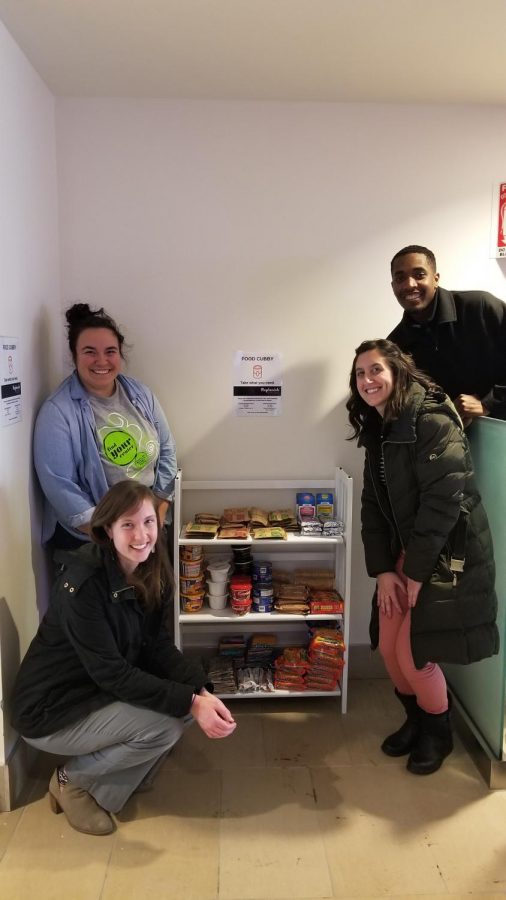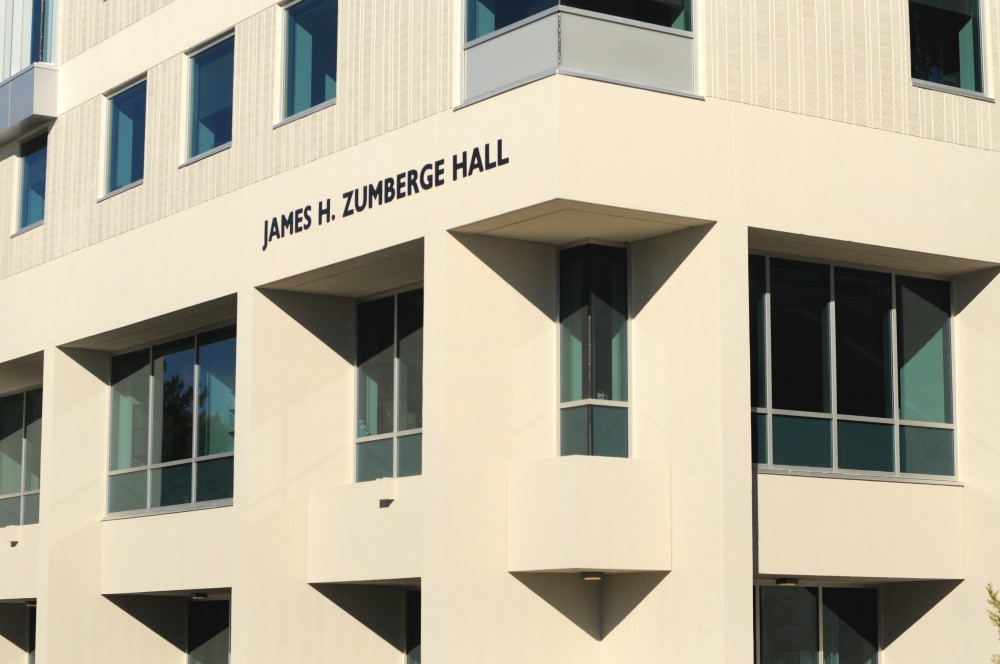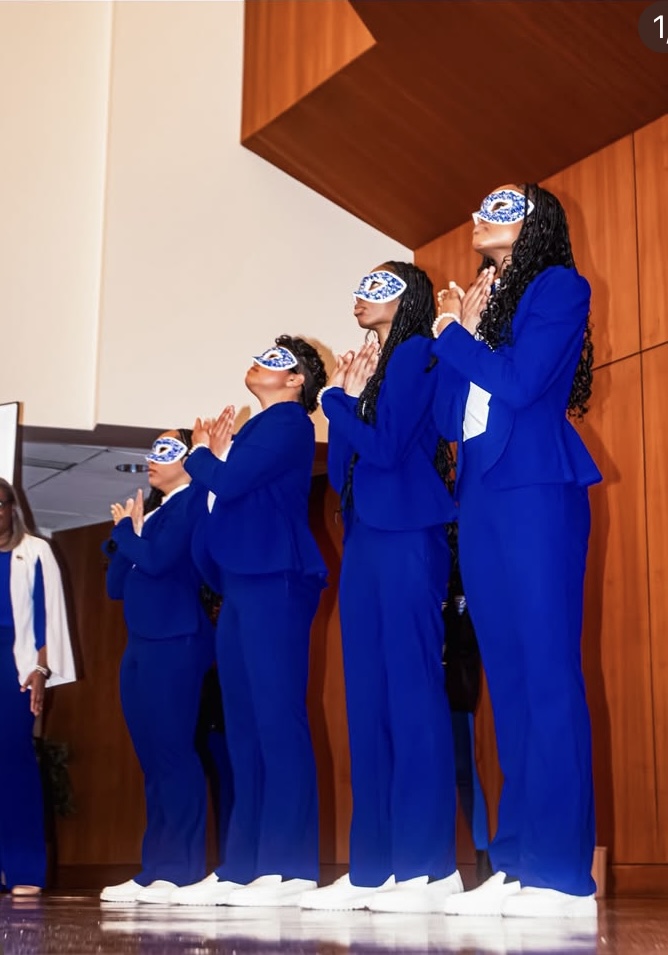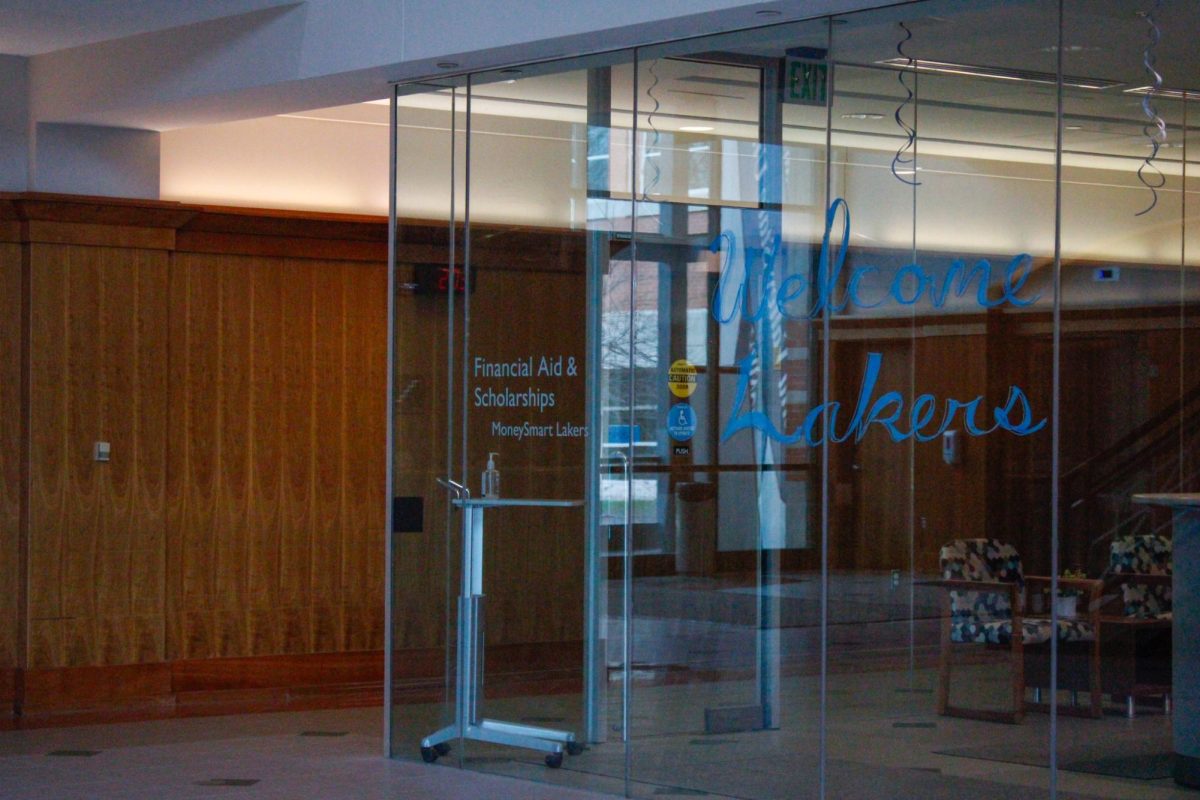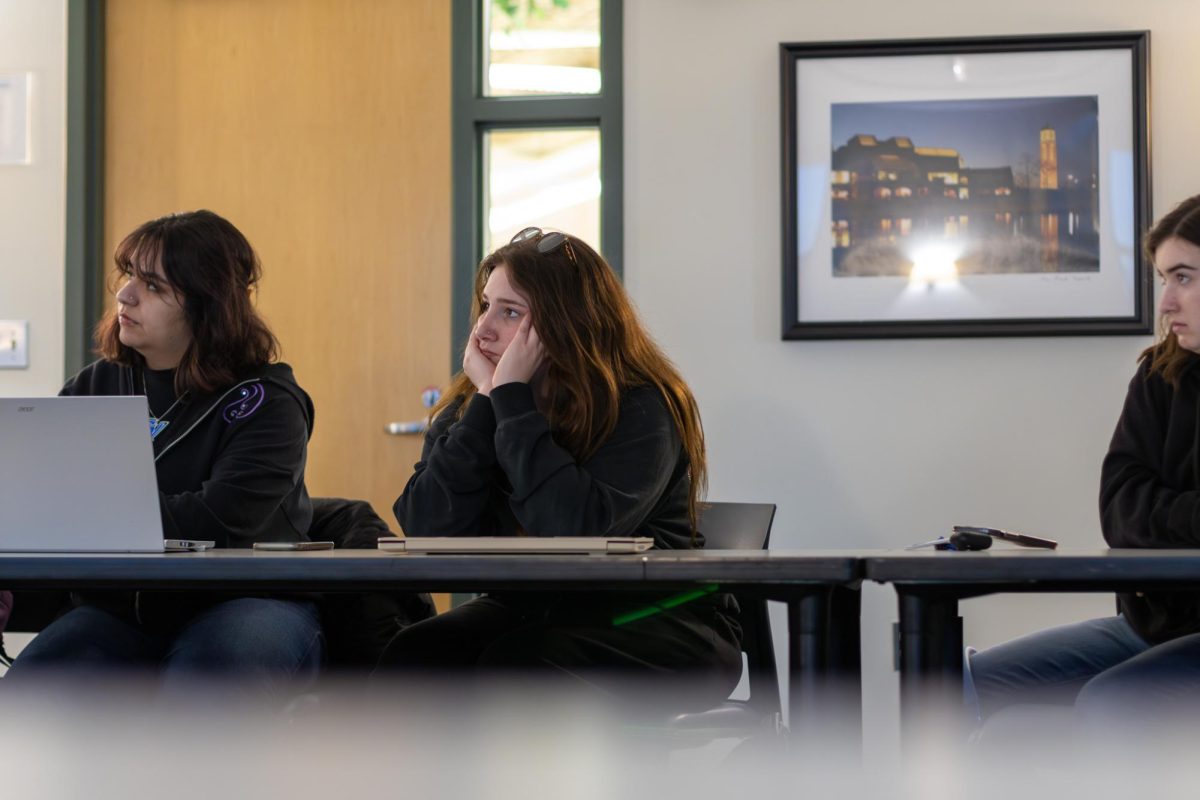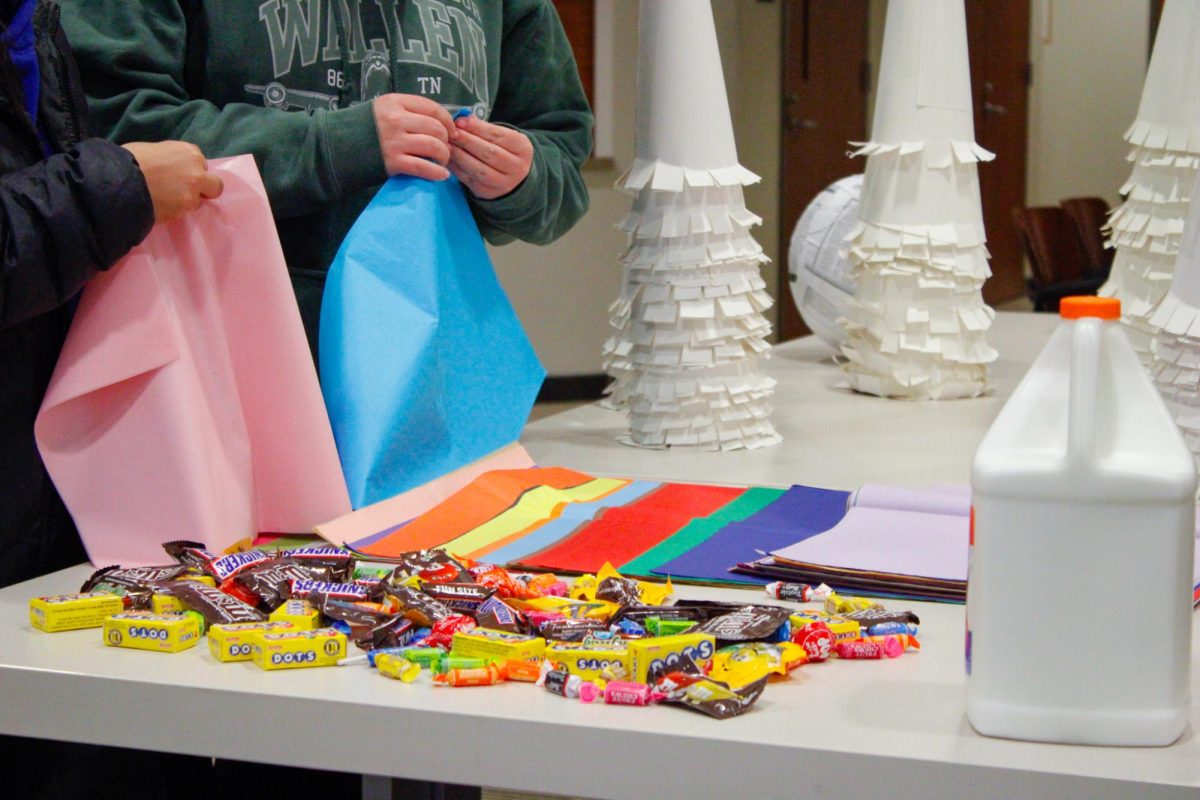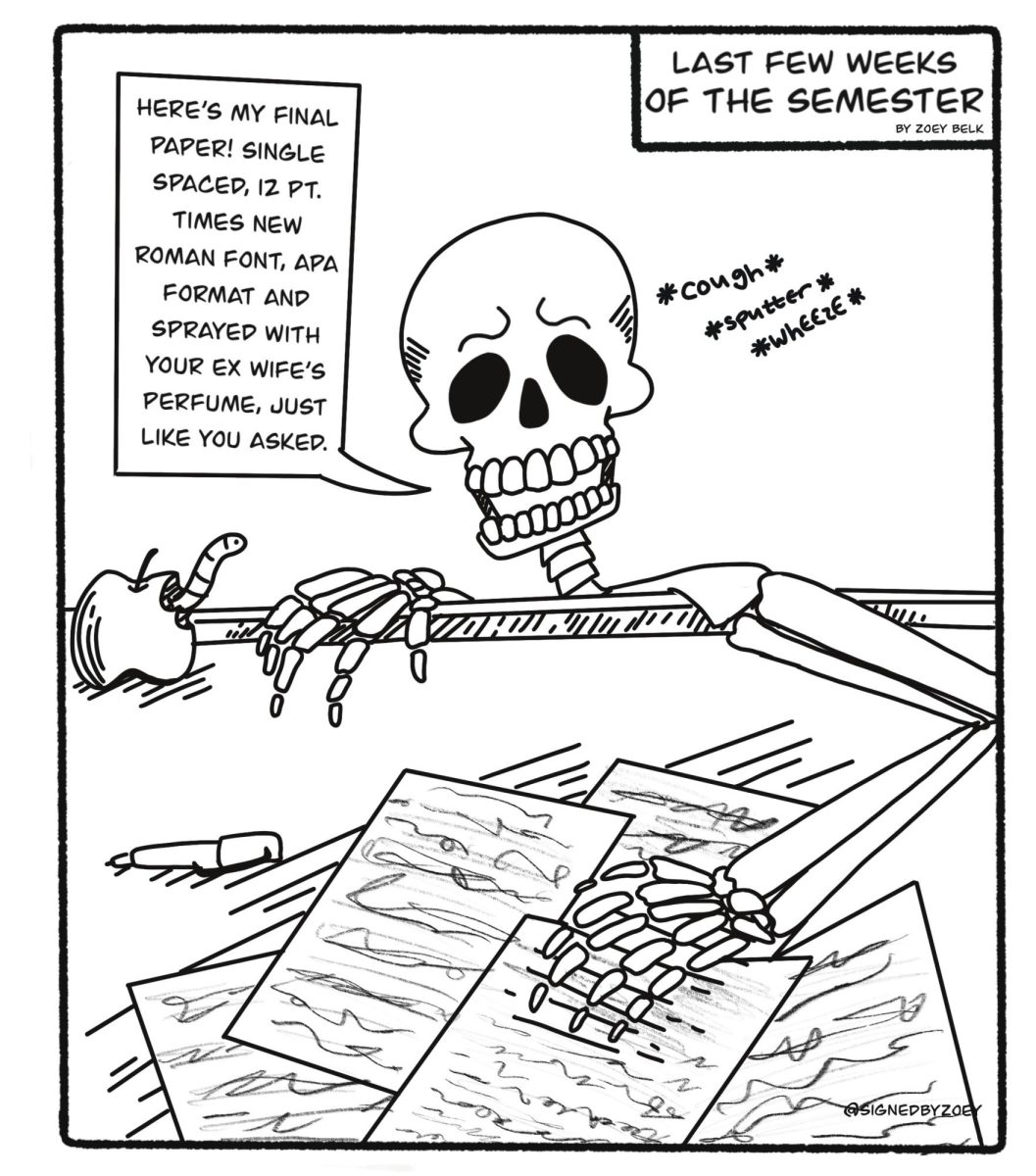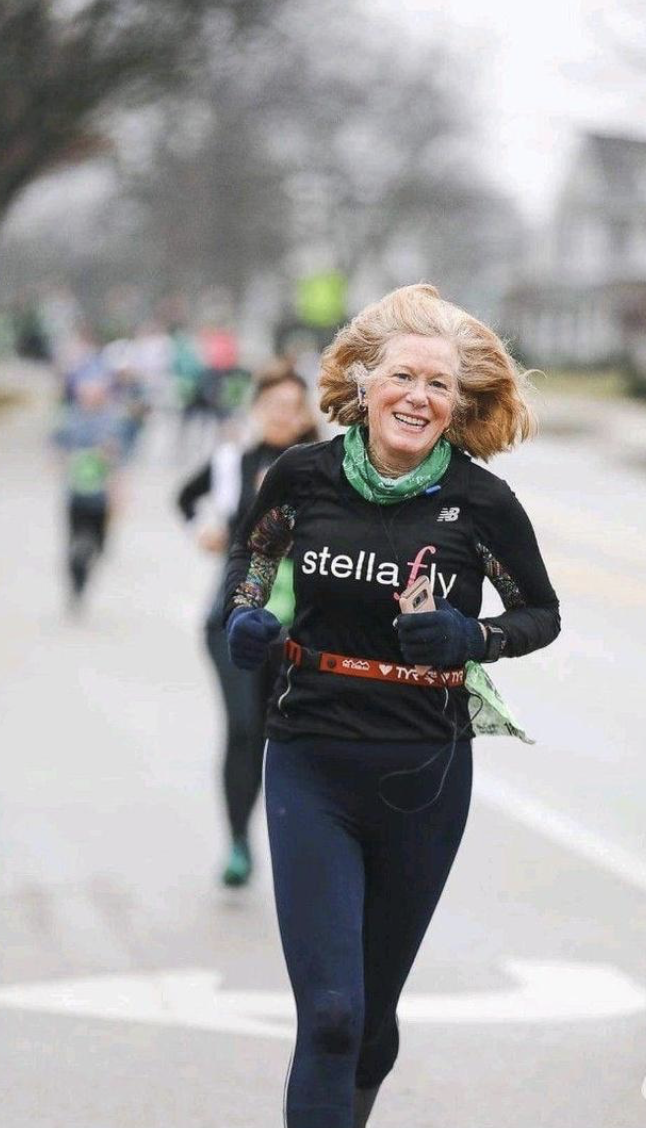Meal donation, Food Cubby programs raise awareness for, combat food insecurity
Feb 24, 2020
As part of a multi-department collaboration, Grand Valley State University is rolling out a new tool to battle food insecurity on campus. Starting this week, students can volunteer to donate meals into a pool that will then be available for their peers to request as needed.
Associate Dean of Students Aaron Haight said that the idea drew inspiration from other schools where a similar program is implemented. Working with partners at the Center for Women and Gender Equity, Campus Dining and other departments on campus, Haight said this semester’s program would be a stress test to prepare for next year’s student body.
“We’re hoping that this will be a pilot, so I’m sure there’s going to be little hurdles along the way that we’re going to try and work out,” Haight said. “But it’s going to be a collaborative effort.”
Upon release, students can fill out an online application to receive meals on their account. Student Support Manager Emily First said that the application serves as a great way to gauge student need and provide resources accordingly.
If a student has a rough week, is in between jobs or had an unforeseen expense that rendered them unable to pay for a meal, they may request a few meals to help them get by. On the other end, if students are consistently requesting meals, First said support staff like herself are working with campus partners to provide long-term solutions. Some of these solutions may be the SNAP program, accessing Replenish or working with counseling if needed.
“We’re actually even including a question on that form (that says), ‘Do you want Financial Aid to review your information?” First said. “That way, we can have Financial Aid automatically reach out to them for things like that. So it’s definitely going to be a connection to resources.”
Haight said that when more data is collected, there will be room for growth. One idea already discussed is allowing faculty, staff and even alumni to contribute meals as well.
This program is being released following the inaugural Food Cubby Project location in the Mary Idema Pew Library. First said the Project is an extension of Replenish, the university’s student food pantry.
“The Food Shelf provides grab-and-go options (granola bars, microwavable soups, oatmeal, etc.) for hungry students,” First said. “The Food Shelf does not require registration, food items are provided when available and the cubby is open during the library’s operating hours. The cubby is an opportunity to bring food access to more students by bringing it to the spaces they frequent.”
Both projects aim to bring heightened awareness to food insecurity on campus. Haight said that the team is keeping its ear to the ground to gauge success and hopes to see these resources utilized moving forward.




